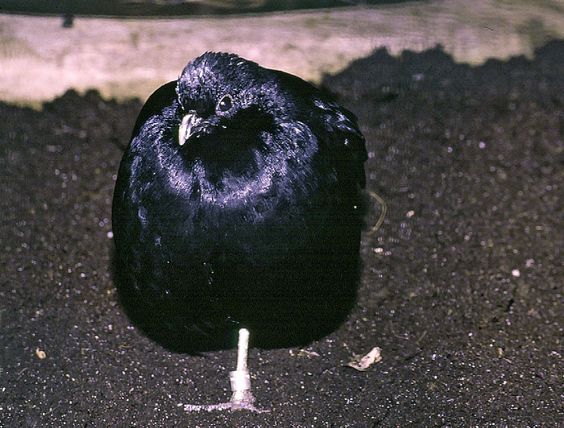The duration of incubation for geese eggs varies depending on the species. On average, geese eggs take approximately 25 to 30 days to hatch. However, it's important to note that this timeframe can be influenced by several factors, including temperature, humidity, and the specific species of geese.
During the incubation period, the female goose, also known as the hen, diligently sits on the nest to provide warmth and protection to the eggs. This behavior is known as incubation. The hen's body heat helps maintain a consistent temperature for the developing embryos inside the eggs.
Throughout the incubation process, the hen rarely leaves the nest, except for brief periods to feed and drink. During these short breaks, the male goose, also known as the gander, may take over incubation duties. The alternating incubation shifts between the male and female allow both parents to participate in the hatching process.
The incubation period is a critical stage for the development of the embryos within the eggs. Adequate temperature and humidity levels are crucial to ensure successful hatching. The eggs need to be kept warm and moist for the embryos to develop properly. It's essential for the nesting site to provide sufficient insulation and protection from the elements.
As the incubation period nears completion, the embryos inside the eggs undergo various stages of development. Towards the end of the incubation period, the embryos start to make pip or peck marks on the inner surface of the eggshells using their beaks. This process is called pipping. It allows the goslings to breathe air and prepare for the hatching process.
Once the goslings have fully emerged from their eggs, they are often wet and exhausted. They quickly dry off and gain strength under the care of their parents. The goslings are precocial, meaning they are relatively independent and capable of walking, swimming, and finding food shortly after hatching.
Geese eggs typically take about 25 to 30 days to hatch. The incubation period is a crucial stage during which the parent geese provide warmth and protection to the developing embryos. Understanding the incubation process of geese eggs is important for their conservation and management, as it helps ensure the successful hatching and survival of the next generation of geese.
During the incubation period, the parent geese exhibit remarkable dedication in caring for their eggs. The female goose, or hen, stays on the nest for the majority of the incubation period, rarely leaving except for brief periods to feed and drink. During these breaks, the male goose, or gander, takes over the incubation duties to ensure the eggs remain warm and protected.
Throughout the incubation period, the parent geese also engage in nest defense. They aggressively defend their nesting territory against potential threats, including predators or other animals that may approach the nest. The parent geese use vocalizations, aggressive postures, and even physical attacks to deter intruders and protect their eggs.
As the incubation period progresses, the parent geese maintain a delicate balance between keeping the eggs warm and allowing for adequate ventilation. They adjust their position and posture on the nest, carefully rotating the eggs to ensure even heat distribution and prevent the embryos from sticking to the eggshell.
The incubation period is not without challenges. The eggs are susceptible to various risks, including predation, extreme weather conditions, and disturbances caused by human activities. Conservation efforts often focus on protecting nesting sites and minimizing disturbances to ensure the successful incubation and hatching of geese eggs.
Once the eggs hatch, the parent geese continue to provide care and protection to their goslings. They guide the young goslings, teaching them important survival skills such as finding food, avoiding predators, and navigating their environment. The parent geese remain vigilant, constantly watching over their offspring and leading them to suitable feeding areas and safe resting sites.
Understanding the incubation process and parental care of geese is essential for their conservation and management. By protecting and preserving their nesting habitats and minimizing disturbances, we can contribute to the successful reproduction and survival of these magnificent birds.
The incubation period of geese eggs typically lasts about 25 to 30 days, during which the parent geese exhibit dedicated care and protection. The parent geese take turns incubating the eggs, with the female primarily responsible while the male provides support. The incubation period is a critical stage in the reproductive cycle of geese, ensuring the development and hatching of healthy goslings. By studying and respecting the incubation process of geese, we can contribute to the long-term conservation and well-being of these remarkable birds.






